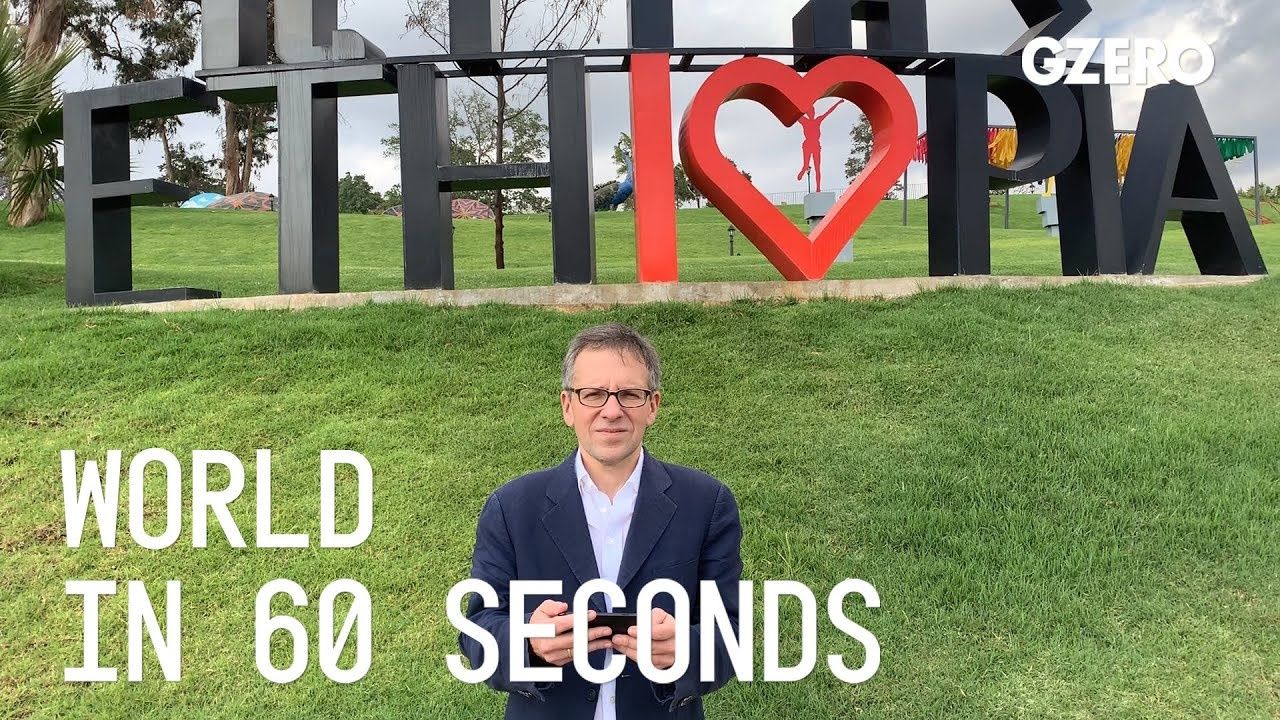
Ian Bremmer joins us from Ethiopia to help us make sense of global political tensions and their origins.
What repercussions will Iran face in the aftermath of shooting down a Ukrainian passenger plane?
Well, big repercussions internationally because the Europeans, the Canadians, plenty met. They lied about it before they finally said, OK. Tried to cover it up. And that means it's going to be much tougher to keep them onside in terms of this Iranian nuclear deal that the Iranians themselves are increasingly pulling away from. Also, big demonstrations on the ground in Iran. That's bad for the Iranians, of course, the worst week they've had in decades.
Where does this leave US-Iran tensions?
Well, I mean, pretty bad in the sense that Trump is now not just talking about no nukes. He's also saying, don't you dare abuse your people, don't go after them. So, is Trump saying that there's going to be hell to pay or further sanctions for repression? I mean, right now, the isolation of the Iranian regime has gone way the heck up. They're in trouble. They're actually in trouble right now.
How will China respond to Taiwan's re-election of anti-unification leader Tsai Ing-wen?
Well, this shows you that US-China relations are going to get worse. Xi Jinping feels like he's in a bit of a box on this after Hong Kong and the repression there. That's why Tsai Ing-wen, the nationalist did so well there. But after this deal is signed between the US and China this week on trade, everything else going in a bad direction: Taiwan, Hong Kong, intellectual property, Uighurs. And watch what happens with the extradition case of the daughter of the Huawei founder in Canada this month.